Growing up as a Black football fan; supporter of Manchester United and the England national team isn’t for the faint-hearted. Over the years, we have seen players and fans face racist abuse for simply existing, and unfortunately, in 2025, things aren’t changing as quickly as we’d hope.
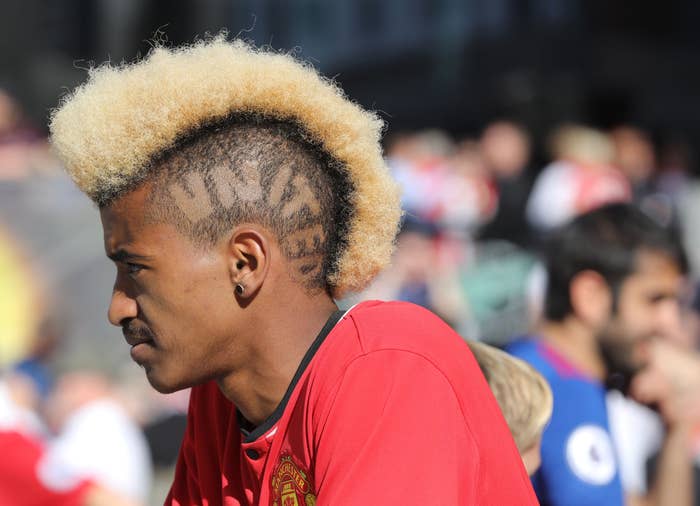
Today, England has made the UEFA Women’s EURO 2025 finals, and tonight I’ll be fueled with anxiety not only with the hopes of winning but the dread of what will happen to our Black players if we lose.
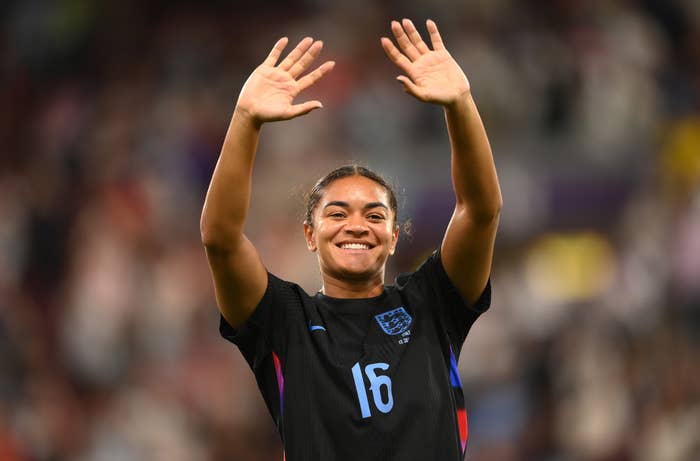
Change doesn’t happen overnight, and comparing 2025 to 2005, it’s very clear to see the leaps we’ve made in diversity and inclusion, especially in women's football. A lot of the help has come from dedicated fans, as well as brands like Heineken, which have made it their aim to be at the heart of cultural change in football, proving they're genuinely committed to changing the sport for the better, both on and off the pitch.
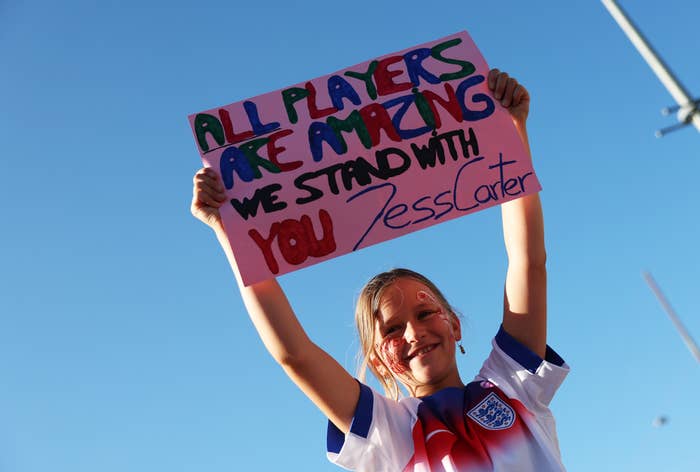
Speaking to former England player and Euros 2022 champion Jill Scott MBE, we discuss the evolution of the game, the racism still plaguing it, and the future of women’s football.
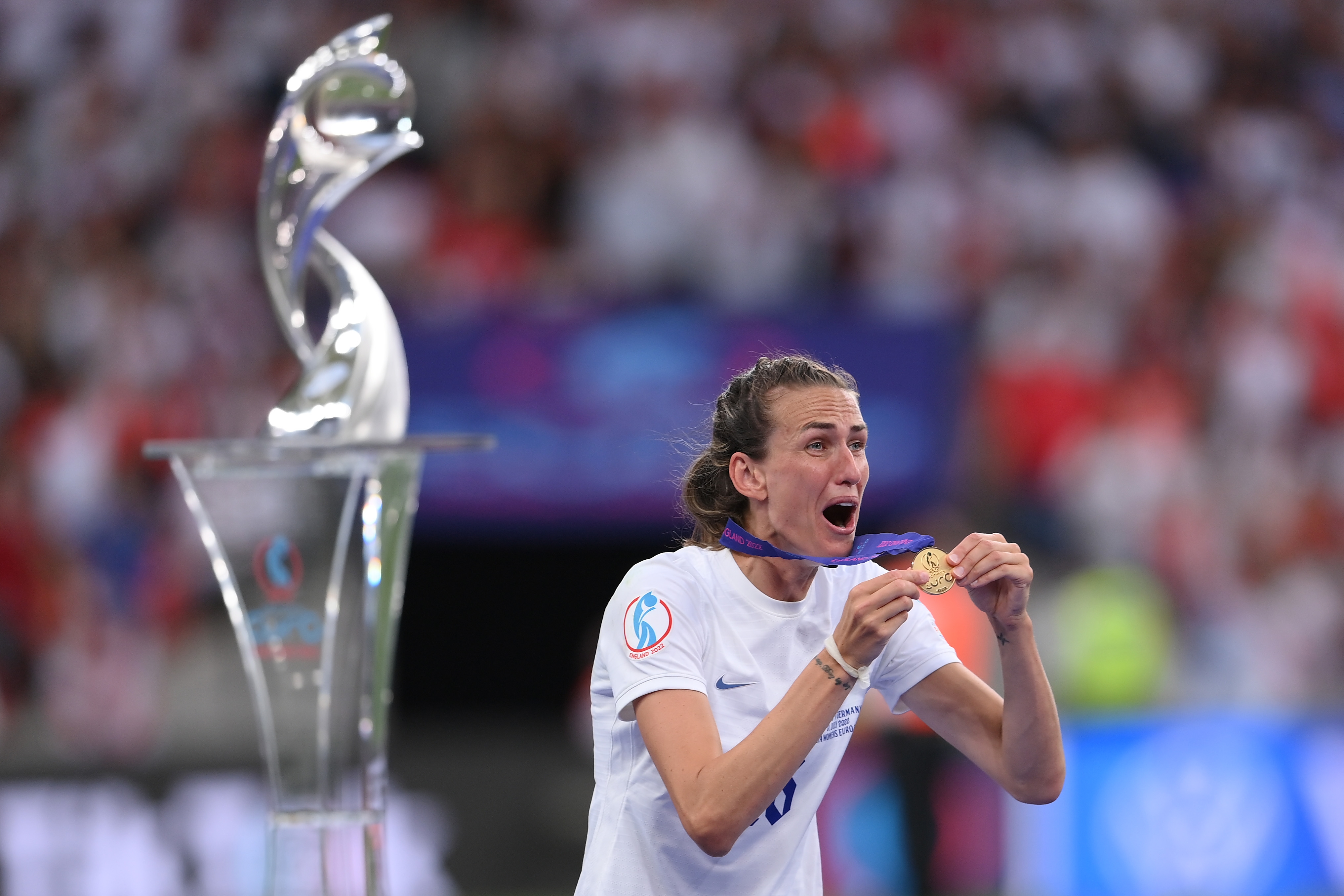
The tournament isn’t over yet, but if you could pick your player of the tournament so far, who would it be?
Oh, that's such a difficult one. There have been a lot of players for England that have made a difference, whether you go for consistency through an Alex Greenwood, Kiera Walsh or Lea Williamson, but I actually think Alessia Russo has worked hard this tournament. I know people think that strikers should be judged on how many times they put the ball in the back of the net, but her work rate for the team off the ball has been another level. So yeah, I’m going to say Alessia and hopefully she’ll get a few goals in the final.
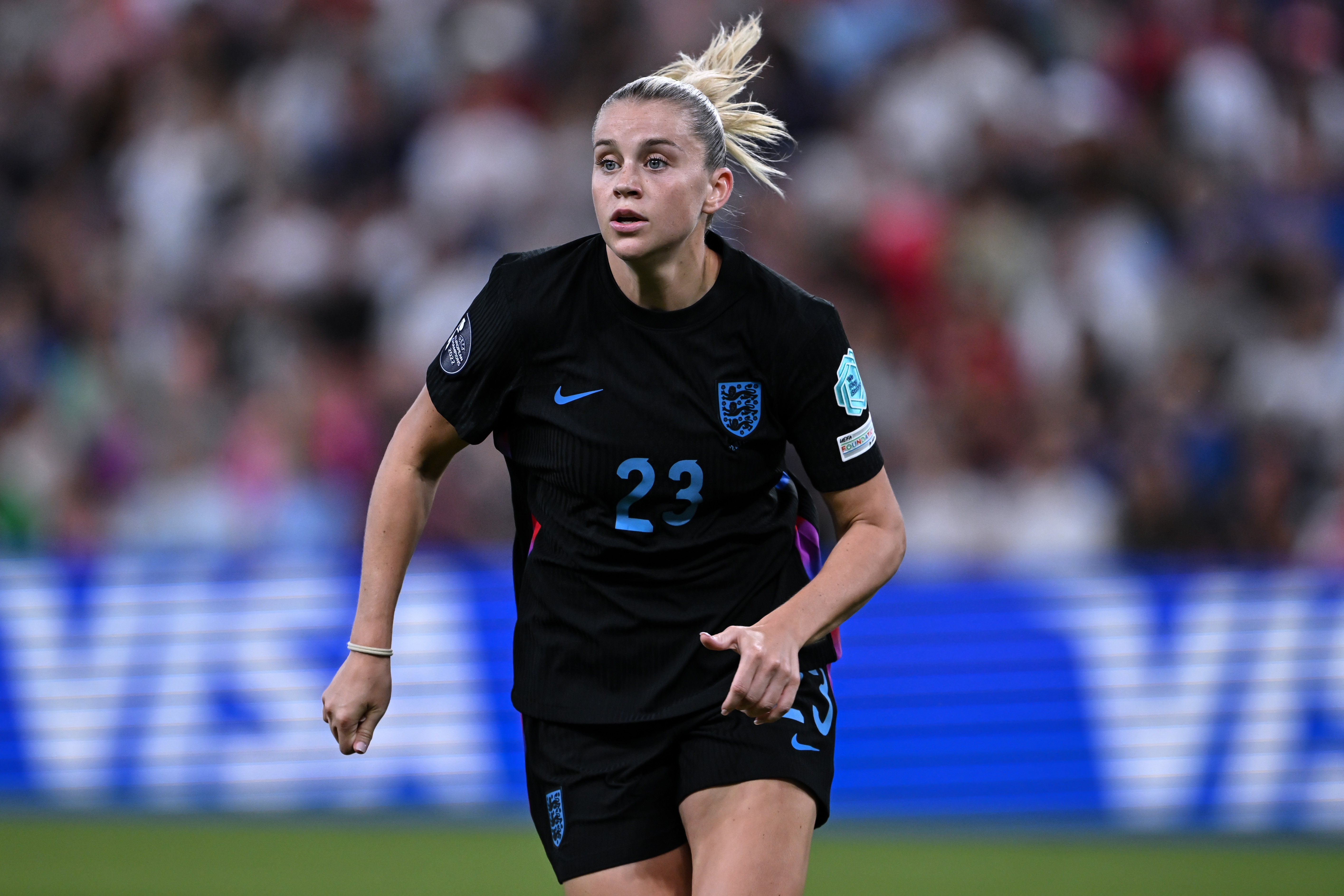
Jill, last time we spoke, we discussed how football has got a lot more progressive since you started professionally over 30 years ago; however, we’ve seen players like Jess Carter have to step away from social media due to racism received online. We’ve made progress with the fans, broadcasting and increasing players' pay, but as the sport grows bigger, so does the hate. How can we begin to rectify the abuse players may receive online?
I think when I spoke to you for the Champions League final, I was doing campaigns with Heineken, and I think doing some great work around kind of different aspects of the women's game. At that point, we were doing a sexism campaign, and really just highlighting how the women's game can get a lot of negativity on social media.
Now, Jess Carter's situation has really made me sad, not just as a footballer but as a human being. This is a player who has gone on to represent their country, made their family so proud and had that dream from being a little girl to play football for England, and she's done it so well, to then getting racist messages online has just been heartbreaking. So we know a lot of work has to be done. I think these social media platforms need to put things in place where these messages can't filter through. Jess has made a stance now and said, “I'm coming off social media”, but should she have to do that? No. This is something we all need to get better at. I always say we can keep pushing, we can keep trying to make things better, but I think this is where we realise we need to do more.
I’m hoping Jess can keep playing football with a smile on her face because even though there are people out there saying these things, I know there are a lot of people who support and respect her and think she’s a great player.
I think it's been great to see the other teams in, regardless of whether you're supporting England, everyone's been rallying behind them to make sure that Jess knows that she's supported
Yeah, definitely. I think people can't believe that these things are still happening, but the reality is that they are, and they are things that we need to address. This is where the footballing world comes together and tries to get messages out there. For Jess to come out and speak about it will definitely help the next generation of players, and I think she's been very brave to do that. As you see, our teammates are backing her, the fans are backing her, and that's not just of her country, but all other nations as well.
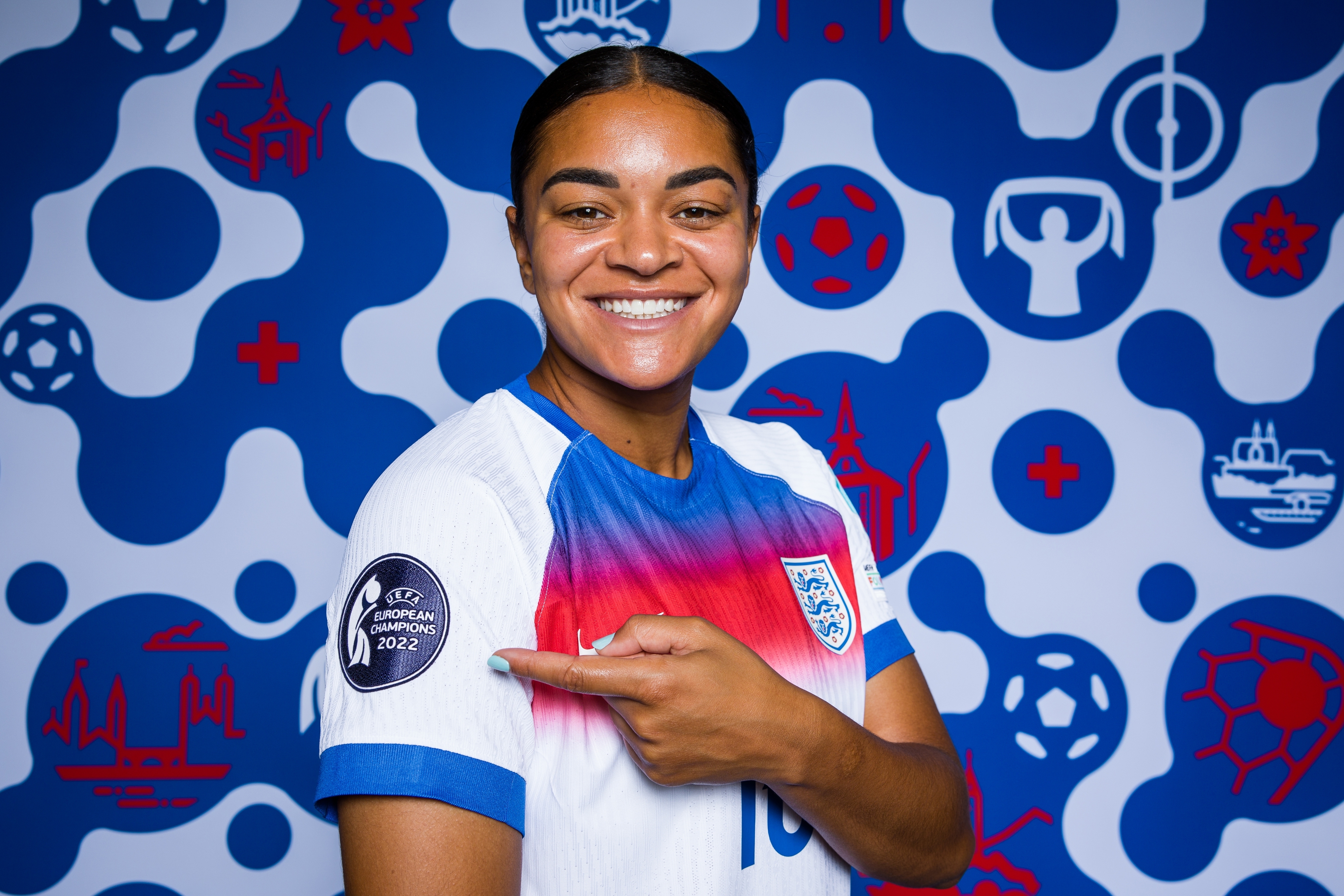
Currently, we’ve seen your WNBA counterparts protest for increased pay as the league brings in more and secures bigger broadcasting deals, similar in the UK what can be done to ensure that WSL and the women's leagues in general are getting closer to the pay of the men, because the work put in is all the same?
Jill: I think I always try and stay away from direct comparison because obviously the men's game is a lot more progressed than the women's game. Sometimes it is nice to reflect and look at how far the women’s game has come since I signed my first professional contract when I was 27, which was over 10 years ago now. The pay was nowhere near what it is now, so it is improving, and things are getting better. Yes, there are other leagues where it needs to be a lot bette,r but I think we just need to make sure we keep moving in the right direction.
To compare it with the men's game is difficult at this point because I think, within its own right, women’s football is getting better. I mentioned the fans before, we need more teams playing at their stadiums because look at Arsenal, who are now playing all their league games at Emirates Stadium, this is proof things are getting better, and then it will trickle down to everything else. Naturally, as humans, we always want more, and you want the women's game to be respected, but I definitely think that we’re getting there.
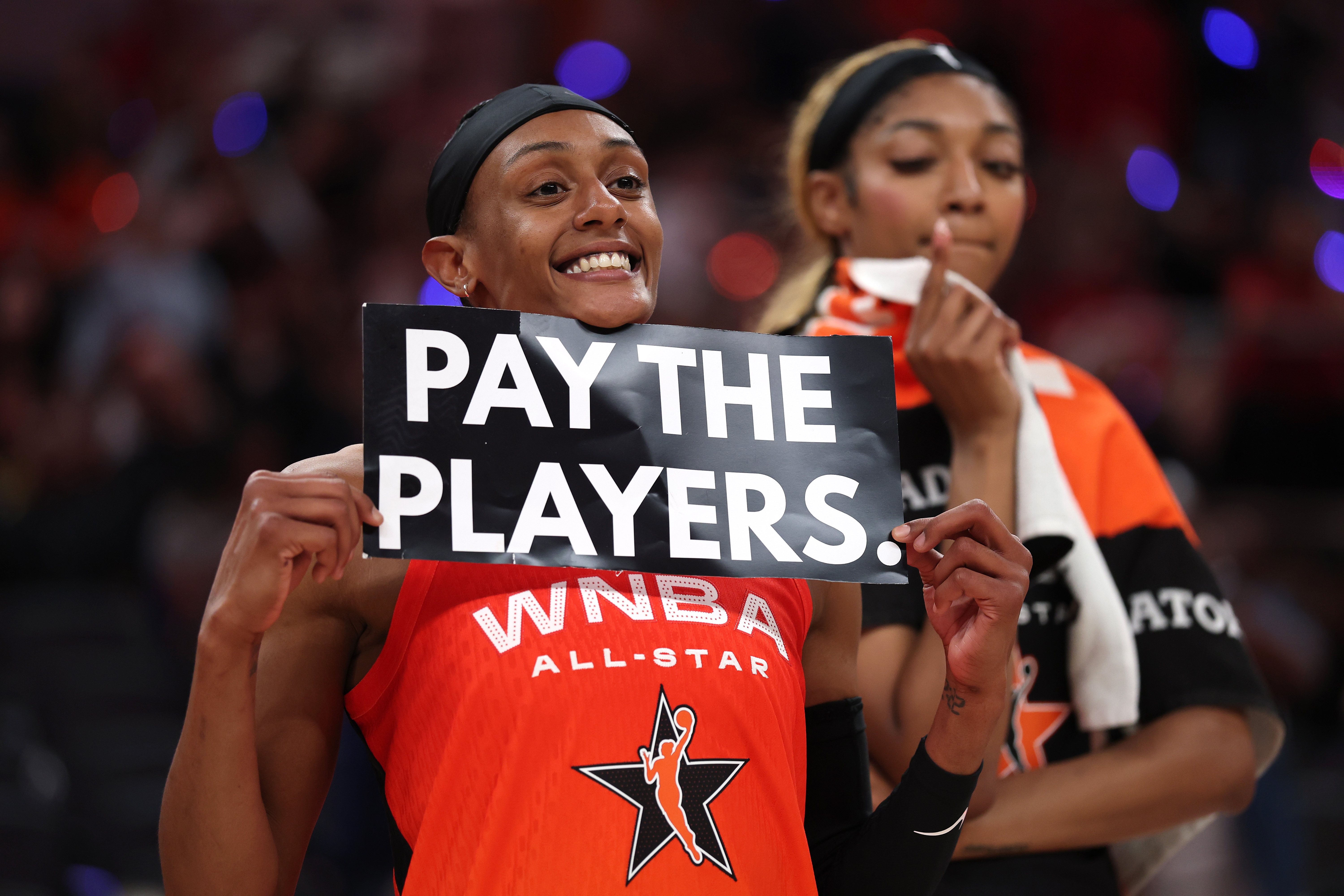
Your talent has inspired young girls across the country for years and continues to be an inspiration with the ever-growing engagement in women’s football. If you could say one thing to inspire the players of tomorrow, what would it be?
Jill: I think I would say, enjoy it. I think if you've got a passion first and foremost, that is the biggest thing. When you’re younger, if you've got a passion that you can dedicate your time to, I think it's so important in the world nowadays.
I'm not gonna tell them a lie, it's hard work, if you want to go on to represent your country or reach whatever's perceived to be the top level, it is hard work. If it's something you enjoy doing, you're probably willing to put the work in, when you do get to pull on that England shirt, it’s the proudest moment of your career or even your life, so I would say it's definitely worthwhile.
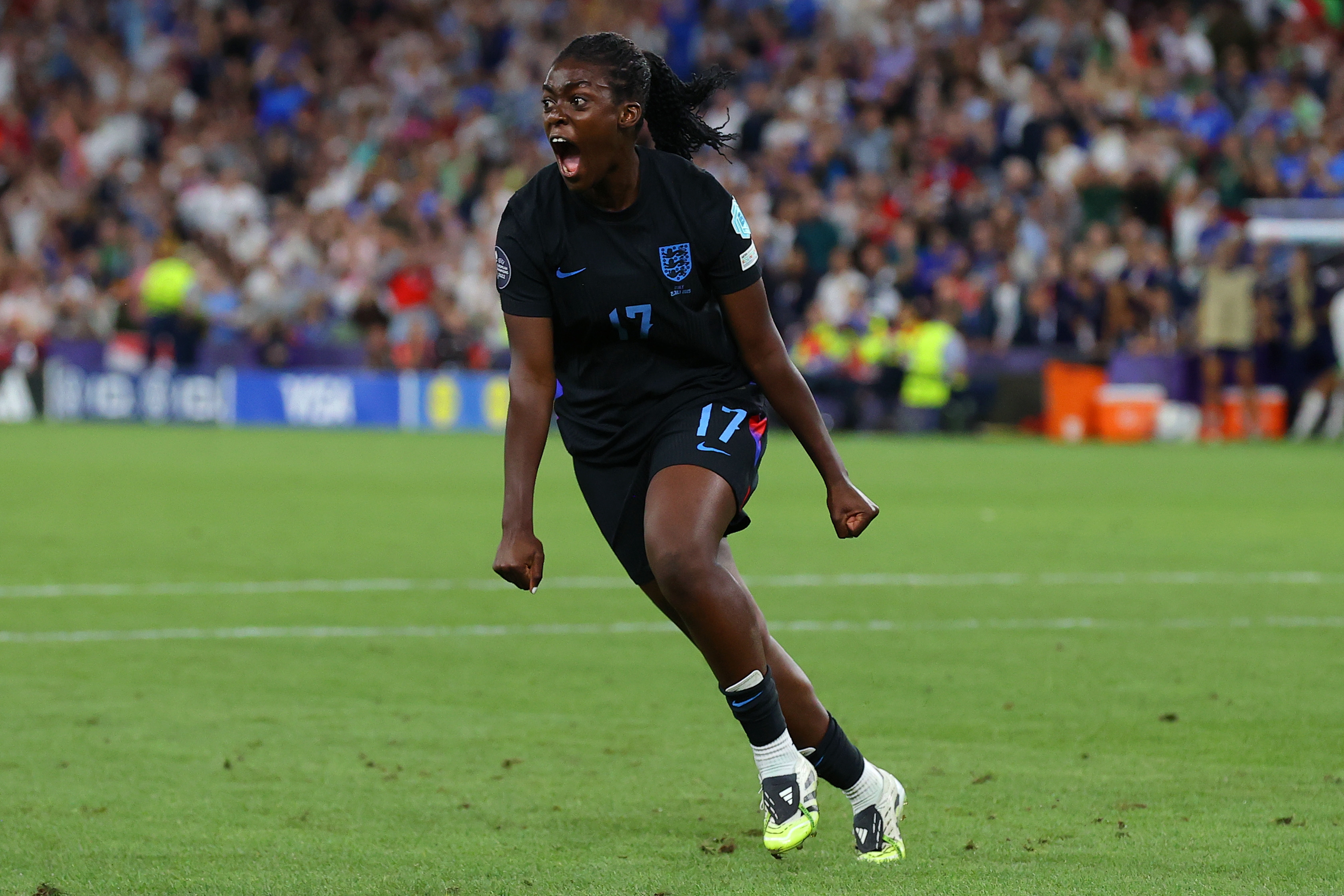
And of course I have to ask, who should take the trophy home on Sunday?
Jill: Haha, England of course!

